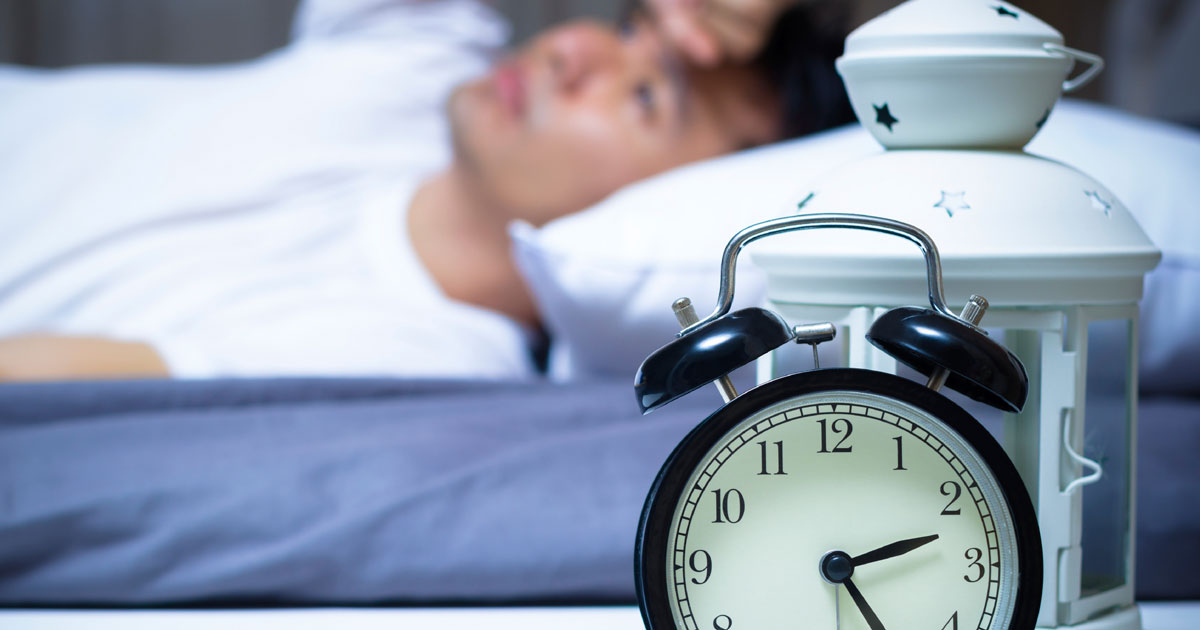Responding to Nighttime Panic
Panic attacks are terrible and uncomfortable; they disrupt your home life, your work life, your relationships, and your outlook on the world. They lead to unwanted physical reactions like:
- Feeling your heart pound
- Feeling sweaty
- Feeling shaky
- Feeling like you can’t breathe
- Chest pain
- Feeling dizzy or numb
As if these physical symptoms weren’t bad enough, panic attacks also trigger mental symptoms like:
- Fear you are going to die from a sudden illness like a heart attack or stroke
- Fear you are losing your mind or going crazy
- Fear you are losing control of your body and grasp on reality
During the day you fear the next attack and how bad it might be. By the time night comes, you may look forward to the rest and recuperation that sleeping provides. This feeling can be short-lived if nocturnal panic attacks are a part of your life.
As the name suggests, nocturnal panic attacks are unexpected periods where the above physical and mental health symptoms of panic are expressed. Nocturnal panic attacks occur in between 44 and 71 percent of people with panic disorder.
The difference is these attacks occur while you are sleeping. Initial attacks may lead to the additional consequences of confusion and anger towards your symptoms or yourself for having them.
It is important to note what nocturnal panic attacks are not to avoid confusion. Nocturnal panic attacks are not:
- Sleep terrors
- Sleep apnea
- Nightmares
- Responses to dreams
The investigation into these panic attacks is young, so there is not a great deal of information explaining how they happen, why they happen, or why they happen for some but not others.
Immediate Response
All people need a certain quantity of quality sleep to function well in life. If you are someone with anxiety and panic, chances are good that sleep is even more valuable as people with anxiety tend to be drained of their resources during the day. If you can manage your response to your nocturnal panic attacks, you will put yourself in a position to lessen the impact and fall back asleep. Here’s how:
Avoid Catastrophizing
Catastrophizing is the mental act of making your situations or feelings more negative than they actually are. Of course, panic attacks are extremely negative.
Nocturnal attacks add another layer of frustration, but labeling these as “the worst thing ever,” or thinking they have control over you, limits your ability to endure the process. If the situation is viewed irrationally, it will be much harder to return to sleep. With rationality and relaxation, there is opportunity.

